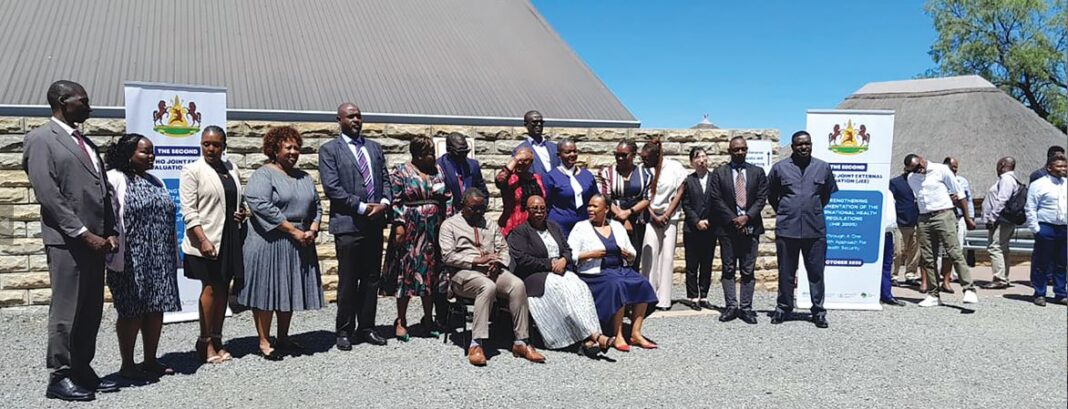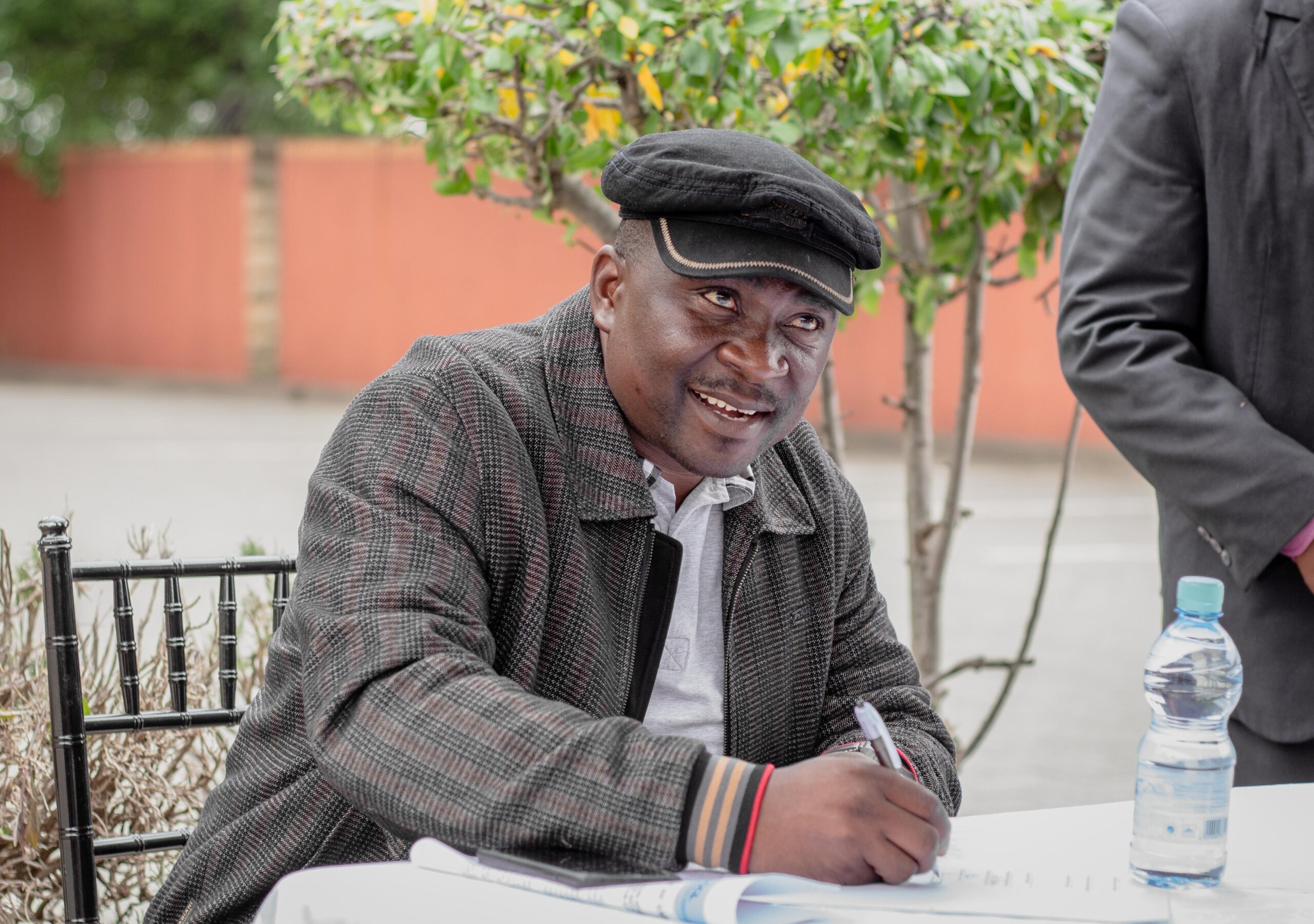Lesotho has embarked on its Second Joint External Evaluation (JEE) of core capacities for implementing the International Health Regulations (IHR 2005), signaling a renewed commitment to national, regional, and global health security.
The voluntary evaluation provides an independent assessment of the country’s ability to prevent, detect, and respond to public health threats.
The week-long evaluation was marked by opening statements from the World Health Organisation (WHO), the Ministry of Health, and the Africa Centres for Disease Control and Prevention (Africa CDC), all highlighting the importance of a multisectoral approach in strengthening the nation’s health system.
Dr. ‘Makhoase Ranyali, Director General of the Ministry of Health, delivered a comprehensive presentation detailing Lesotho’s health infrastructure and key challenges. With a population of roughly 2 million spread across 30,000 square kilometers, she noted that the country’s varied terrain makes access to health services difficult.
The health system comprises 310 facilities, including 21 government and Christian Health Association of Lesotho (CHAL) hospitals, four private hospitals, and 281 health centers.
Ranyali highlighted progress made under the IHR (2005), presenting findings from the 2024 State Party Annual Report (SPAR), which show Lesotho has achieved 42 percent of the core capacities, below the African regional average of 46 percent and the global average of 59 percent.
She expressed confidence that the country is on track to improve this score significantly over the next five years, noting strong performance in ports of entry, food safety, and health emergency surveillance, all scoring around 80 percent.
However, she warned of high-risk areas marked “very red” on the country’s risk assessment, including antimicrobial resistance, rabies, violent conflicts, accidents, and gastrointestinal and foodborne diseases. Seasonal threats, such as rabies in winter, were also flagged.
Ranyali also highlighted persistent health challenges, including a high teenage pregnancy rate of 17 percent, with the highest incidence in Thaba Tseka district, and stunting in children under five, which has risen to 36 percent. On a positive note, Lesotho has exceeded the global 95-95-95 targets for HIV epidemic control.
Dr. Innocent Nuwagira, WHO Representative, praised Lesotho for volunteering for a second JEE, calling it a demonstration of transparency, accountability, and cross-sector collaboration.
He reflected on the first JEE in 2017, which found only 14.6 percent of core capacities at the demonstrated level, informing the National Action Plan for Health Security (NAPHS) 2018–2024. Despite financing challenges, only 7.9 percent of the required investment was secured, funding from the Pandemic Fund in 2025 is expected to accelerate progress.
Mantšoanelo Monyobi, Deputy Principal Secretary of the Ministry of Health, reinforced the government’s commitment, stressing that whole-of-government engagement is fundamental, not optional.
Monyobi noted that the JEE coincides with a review of the National Health Policy, which emphasises IHR 2005 compliance and promotes transparency, peer learning, and mutual accountability.
Batsirai Mbodza, Deputy Regional Coordinating Centre Representative for Africa CDC, commended Lesotho’s efforts, noting that strengthening the Kingdom’s health capacities enhances security for the entire Southern Africa region. Africa CDC has pledged continued support to translate JEE recommendations into a robust new National Action Plan for Health Security.
The evaluation is expected to yield critical recommendations to guide Lesotho’s future health security strategy, positioning the country to better respond to both endemic and emerging public health threats.
Summary
- Lesotho has embarked on its Second Joint External Evaluation (JEE) of core capacities for implementing the International Health Regulations (IHR 2005), signaling a renewed commitment to national, regional, and global health security.
- The week-long evaluation was marked by opening statements from the World Health Organisation (WHO), the Ministry of Health, and the Africa Centres for Disease Control and Prevention (Africa CDC), all highlighting the importance of a multisectoral approach in strengthening the nation’s health system.
- Ranyali highlighted progress made under the IHR (2005), presenting findings from the 2024 State Party Annual Report (SPAR), which show Lesotho has achieved 42 percent of the core capacities, below the African regional average of 46 percent and the global average of 59 percent.

Ntsoaki Motaung is an award-winning health journalist from Lesotho, specializing in community health stories with a focus on sexual and reproductive health and rights, as well as HIV. She has contributed to platforms like “Be in the KNOW,” highlighting issues such as the exclusion of people with disabilities from HIV prevention efforts in Lesotho.
In addition to her journalism, Ntsoaki serves as the Country Coordinator for the Regional Media Action Plan Support Network (REMAPSEN). She is also a 2023 CPHIA Journalism Fellow.






